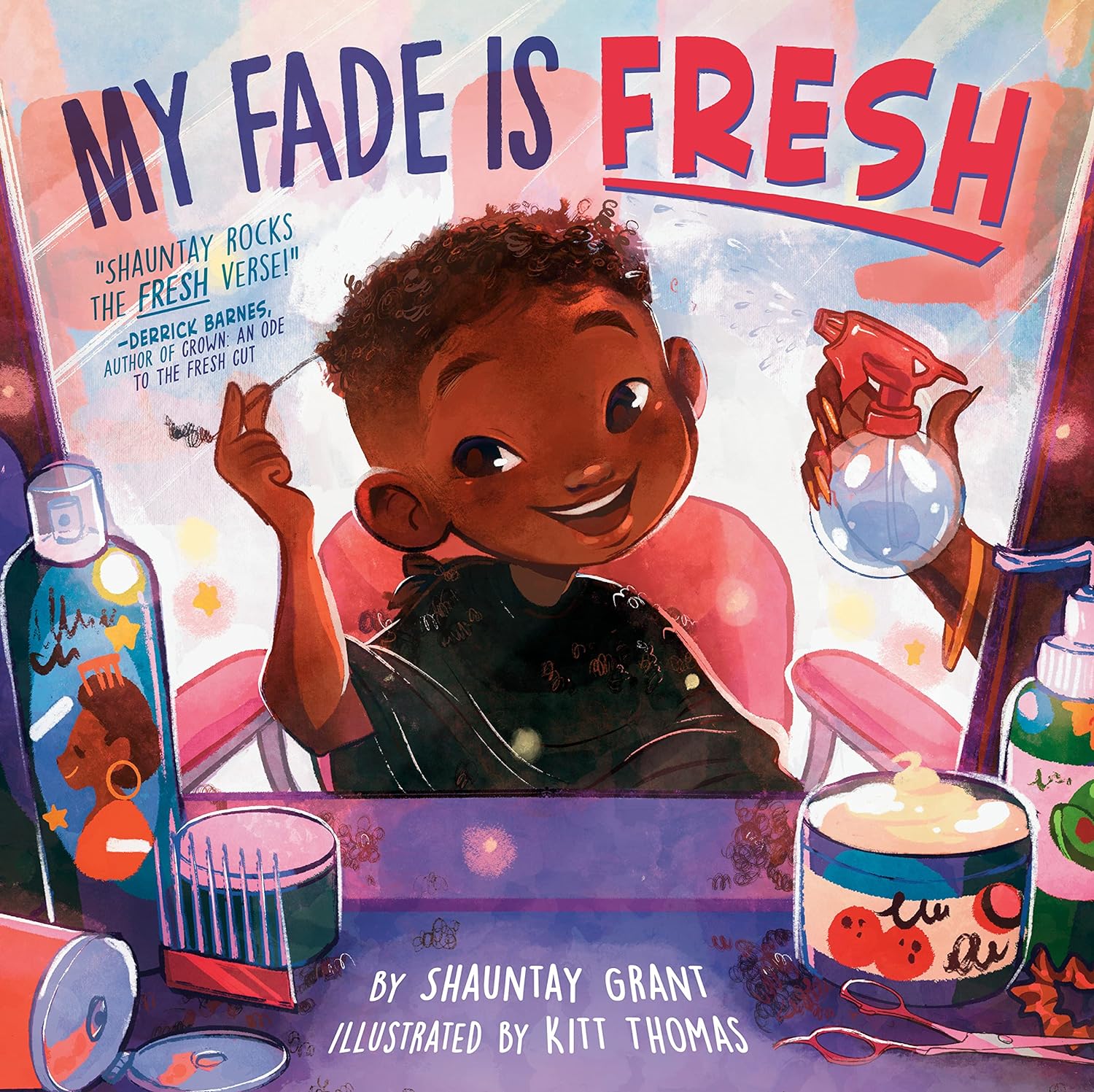In the heart of my childhood memories lies a little girl, engrossed in a book, hidden away in a makeshift reading nook, her face illuminated by the soft glow of a flashlight. My mother often amused my children with tales of her panicked searches for me, only to find that I had drifted into dreams amidst the pages of a story.
Hailing from humble beginnings, we didn't possess many luxuries, but the anticipated Scholastic Book Fair at school was my treasured annual event. My mother's sacrifices ensured I could always choose at least one book, often a ghost story, as it resonated most with my young self. Fast forward to my years as a parent, and the tradition continued. The glint in my children's eyes, finding books that mirrored their lives, spoke volumes about the power of representation in literature.
Later, as a school principal of a predominantly Black institution, the evolved Scholastic Book Fair offerings became a point of pride. No longer limited to my childhood favorites, these books now painted a diverse tapestry of cultures and experiences, bridging gaps and expanding horizons for my students. Scholastic, for me, has been more than just books; it has been a journey of discovery, connection, and growth, spanning various chapters of my life.
Scholastic Book Fairs are a staple experience for children in schools across America. I felt an immense amount of relief when I learned they made the decision to stop separating diverse books from their main collection after an outpouring of feedback from the communities they serve urging them to reconsider. Diverse titles that touch on race, LGBTQ, and other identities are essential reading.
As a society, we often tout the importance of education and the value of nurturing open minds in our youth. We claim to be committed to raising empathetic and informed citizens who can navigate the complexities of our diverse world. The decision to allow schools to exclude diverse literature from these book fairs sends a different message entirely.
Books are windows to the world, and for young minds, they also offer mirrors that reflect their own experiences and identities. Excluding diverse titles from book fairs would have sent the message that some stories are less important, less valid, or even invisible. Restricting certain titles perpetuates harmful narratives, stereotypes, and inaccuracies and also stifles the development of critical thinking and empathy in our children.
When we restrict access to diverse books, we deny our children the opportunity to explore the rich tapestry of human experiences. We rob them of the chance to understand and empathize with individuals from different backgrounds and identities. In essence, we undermine the very values of diversity, equity, and inclusion that we claim to hold dear.
Education should not be a selective process that only highlights certain perspectives.
It should be a space where every child has access to a wide range of voices, stories, and experiences. It should be a platform for fostering curiosity, empathy, and understanding. It should prepare our children to thrive in a diverse and interconnected world. I am glad that Scholastic listened to the diverse group of voices who spoke out against their decision and ultimately chose to fulfill their responsibility to our children and our society’s values.
We must remember that the preservation and upliftment of our children’s dignity, perspectives and stories is not an option. Diversity, equity, and inclusion are not options. They are the foundations upon which we build a better future for the generations to come. Drawing from the adage that those who don't learn from the past are doomed to repeat it, literature should serve as a reminder of our collective history, both triumphant and tragic.It's time to reaffirm our commitment to these principles and ensure that every child has the opportunity to explore the world through the pages of diverse books. Our children deserve nothing less.
This article was written by Erica Holmes-Ware, Chief Program Office. For more information about CLI, our work, and how you can advance CLI's mission for equity in classrooms, please contact Erica directly, at eholmesware@cli.org or visit cli.org/contact-us


